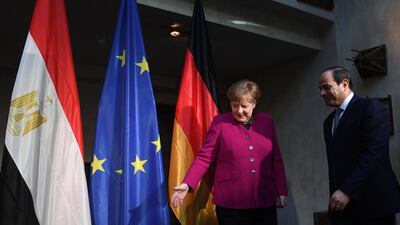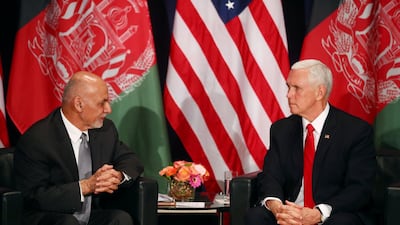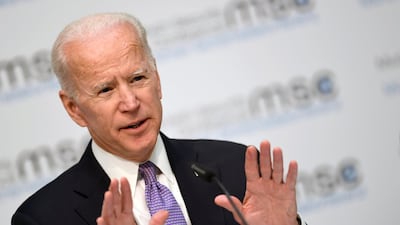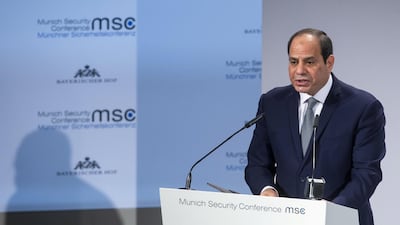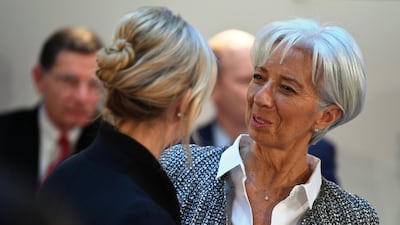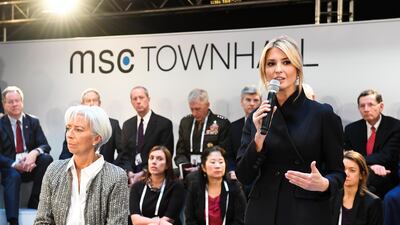European divisions over arms export regimes spilled into open feuding on Saturday as the head of Airbus warned the company may have to reorganise its operations as a result of political shifts on the issue.
Tom Enders, the German head of Airbus, said the pressure from policy makers had been driving management “crazy” for years and that some operations may have to screened out of arms programmes.
“This is escalating very much at the moment," he said. "It just so happens that the Germans think that only they have a responsible arms export policy.”
His comments at the Munich Security Conference came as German chancellor Angela Merkel voiced her strongest support yet for further restrictions on weapons exports following a ban on some sales imposed last December. She said differences within Europe, notably with France, needed to be resolved but that Berlin itself had taken a long time to decide its position.
“One thing I find not so good about Germany is that we often need a very long time before we decide something on foreign policy,” she said. “If we don't develop a common culture for arms exports we won't be able to develop a common defence policy.”
Following party discussions by the Social Democrats, the junior partner in the grand coalition, Berlin stopped an export licence for the Meteor long-range air-to-air missile destined for use by the Royal Saudi Air Force's Eurofighter Typhoon. The Meteor is built by European missile specialist MBDA, a subsidiary of Airbus, Britain's BAE Systems and Italy's Leonardo.
Mrs Merkel’s own defence minister showed frustration with attempts to block arms sales for political reasons. "We Germans should not pretend that we are more moral than France or more politically far-sighted than Britain in terms of human rights policy," Ursula von der Leyen told the conference.
Meanwhile a report from Britain’s House of Lords International Committee found the government’s Yemen policy “narrowly on the wrong side of international humanitarian law” in regard to how it examined the impact of air strikes.
"We believe that certain measures are needed," the chairman, Lord Howell told The National. "We are definitely not saying cancel all arms exports but the government contention that when it talks to Saudi Arabia about alleged violations puts it narrowly on the right side of international humanitarian law is something that we take issue with."
Lord Howell said among the other measures needed was the appointment of a special envoy to Yemen to support the UN-led talks process and implementation of the ceasefire. Such an official would help the UN envoy Martin Griffiths to ensure that any violations or failure to uphold the ceasefire would not be tolerated.

